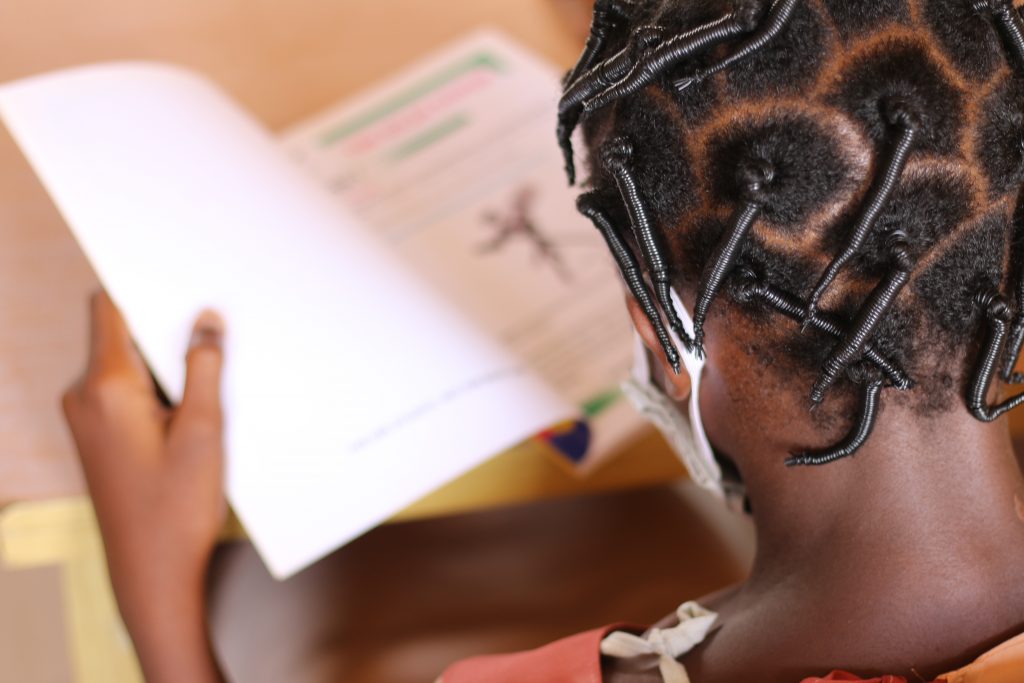Today marks the annual International Celebration of the girl child and the theme for this year is “Digital generation, Our generation”. The day was enacted to recognize and address the challenges girls face, promote girls empowerment and to protect their fundamental human rights.
This year, in commemoration of the day, EKOEXCEL will shine the light on 20 girls representing the 20 LGEA’s in Lagos State, highlighting their achievements, experiences learning with the EKOEXCEL’s technology based curriculum and challenges faced while trying to access education.
Children living in poverty face many challenges when it comes to accessing education, but the stakes are even higher for the girl child. Globally, there are roughly 130 million girls who are not currently enrolled in schools. Investing in their futures has the potential to uplift their families and the world.
Even in communities where education is free, it is still challenging for poor parents to keep up with the logistics, learning materials and school uniform costs of sending children to school. Such parents often rely on girls’ income to support the household, and sending a girl to school means they spend less time helping in the home.
If parents can’t afford the costs of education for all children, the boys are sent to school instead. When they have to make the decision between buying necessities like food over sanitary napkins, girls are forced to stop learning because they can’t manage their periods. Families will also engage their girls into child marriages if they can no longer afford to provide for them.
When girls have access to quality education, they see the benefits in all aspects of their lives. Girls who receive an education are less likely to marry young and more likely to lead healthy, productive lives. They earn higher incomes, participate in the decisions that most affect them, and build better futures for themselves and their families.
Girls’ education also strengthens economies and reduces inequality. It contributes to more stable, resilient societies that give all individuals, including their male counterparts, the opportunity to fulfil their potential, but education for girls is more than just access to school. It’s also about girls feeling safe in classrooms and supported in the subjects and careers they choose to pursue – including those in which they are often under-represented.



